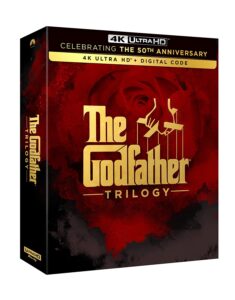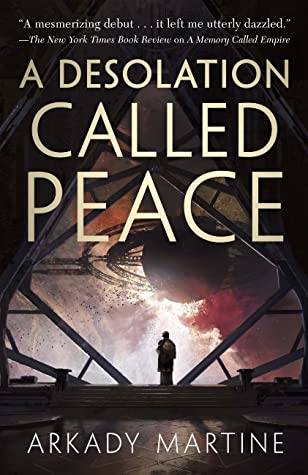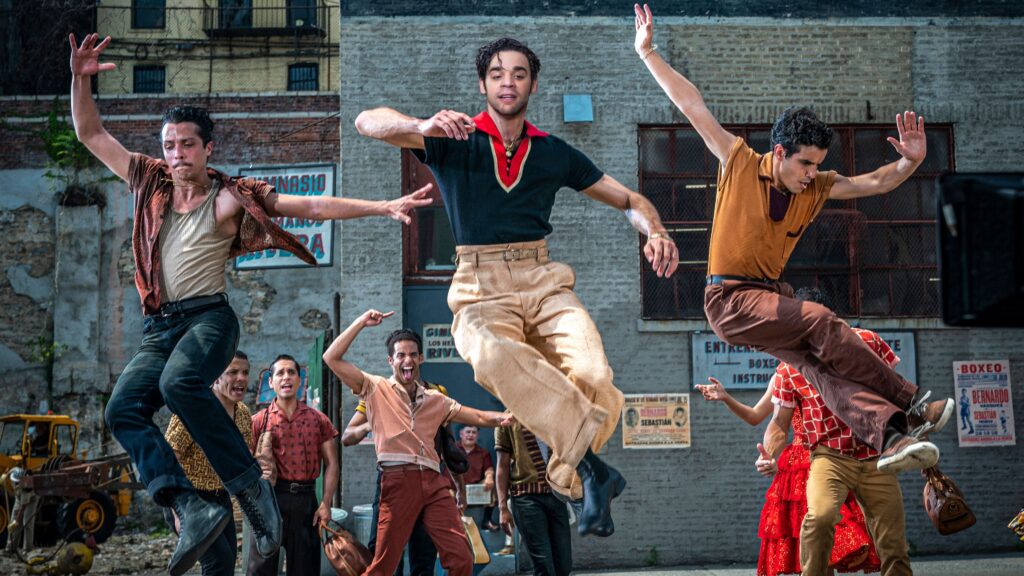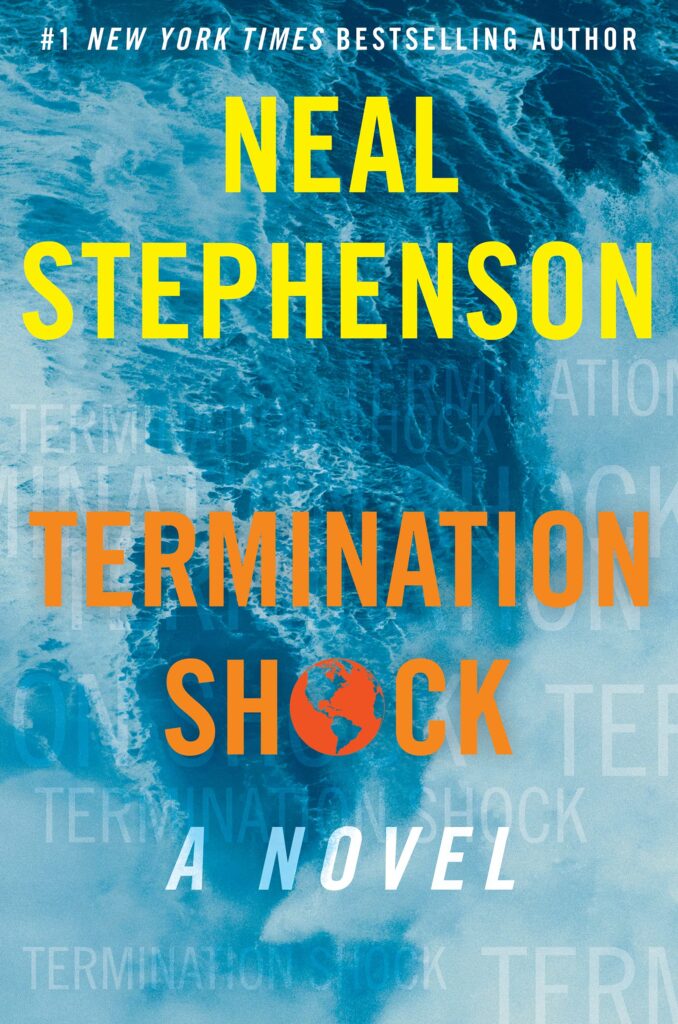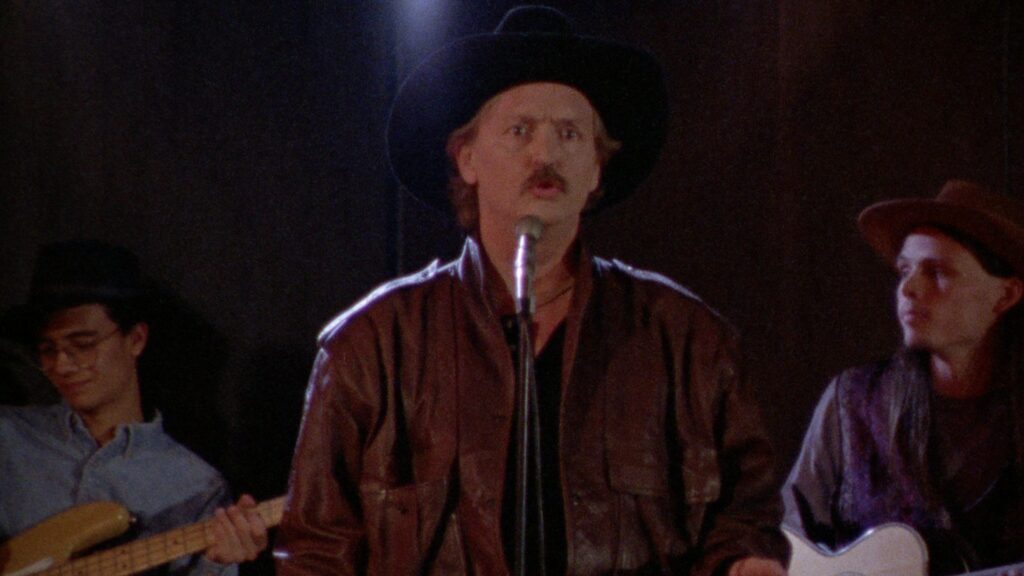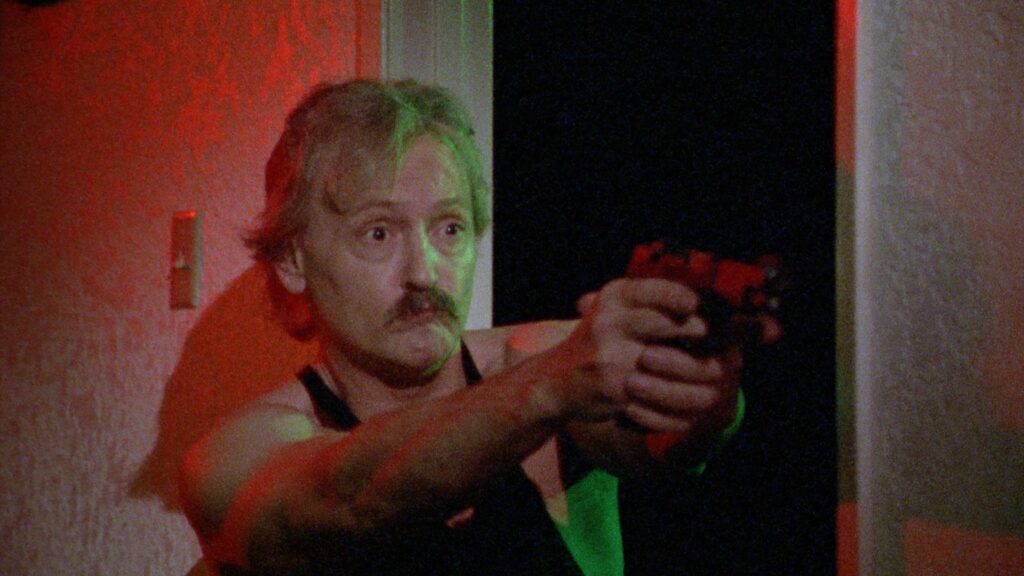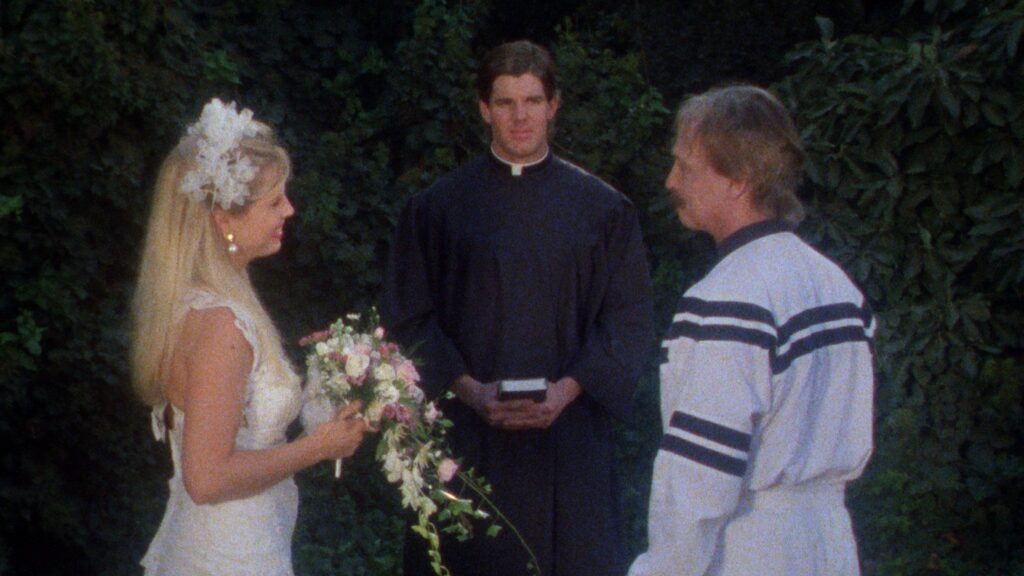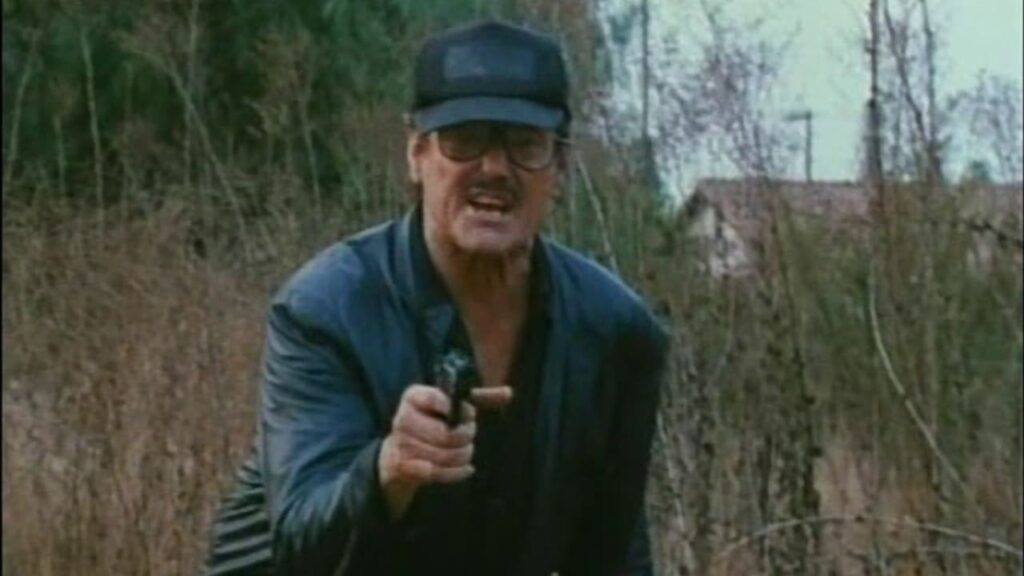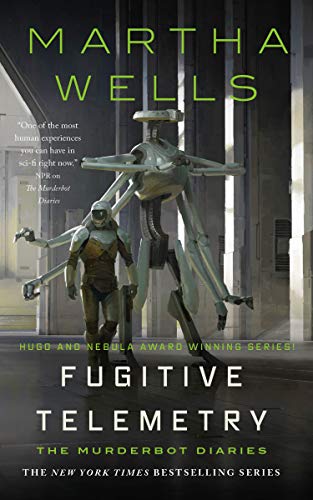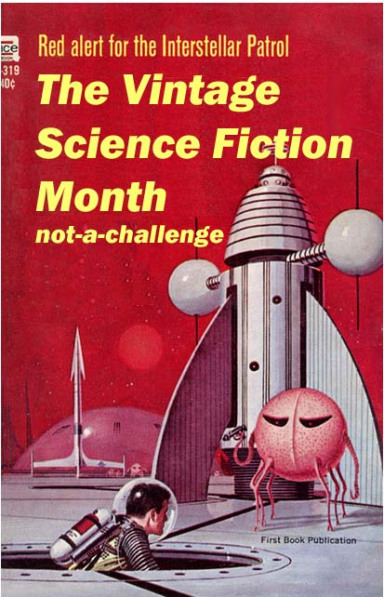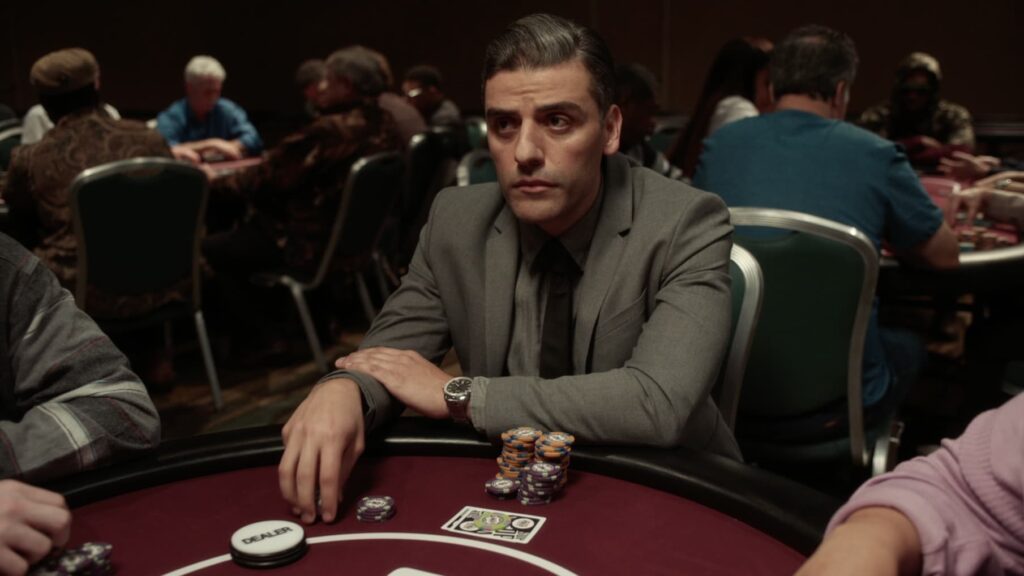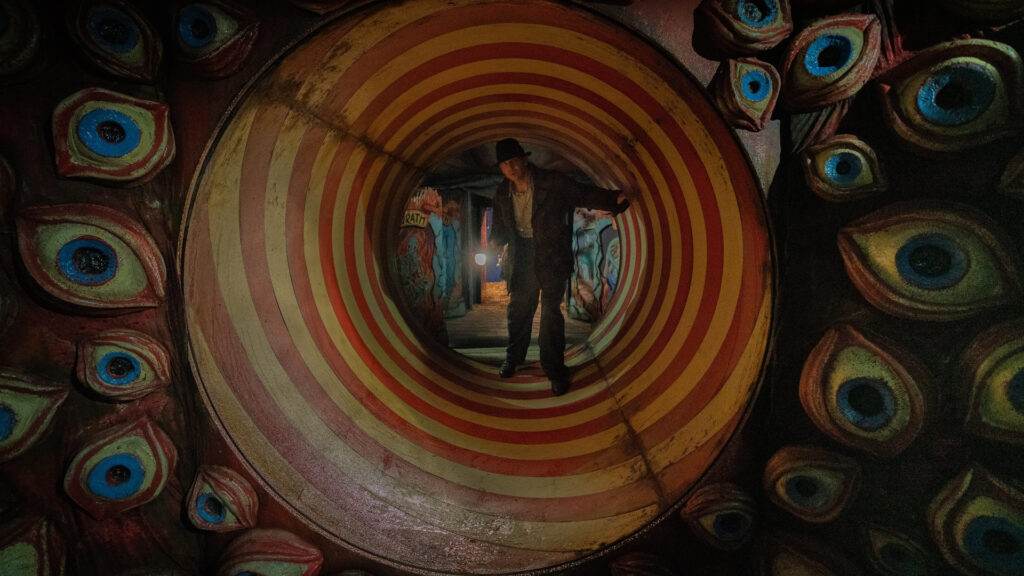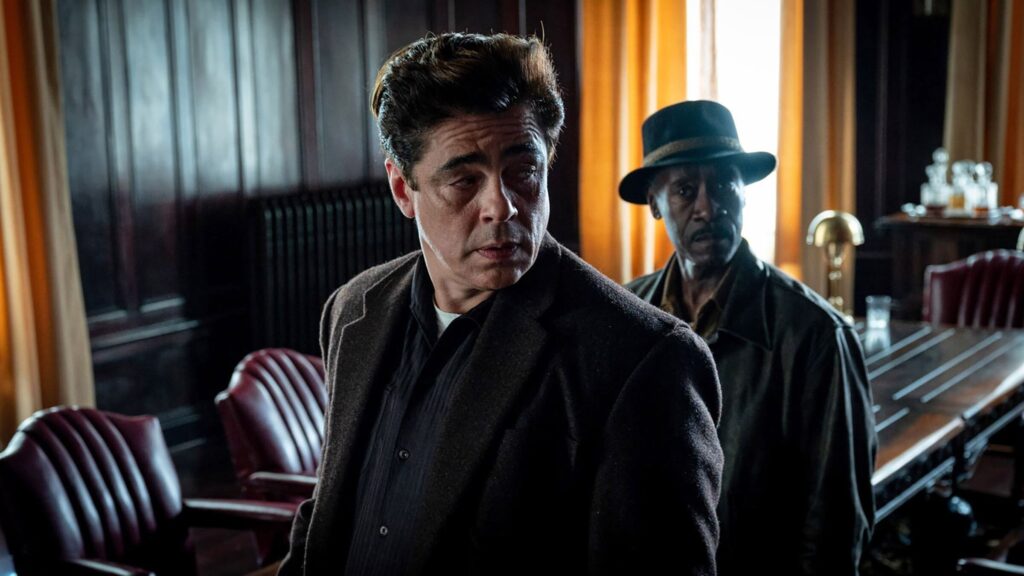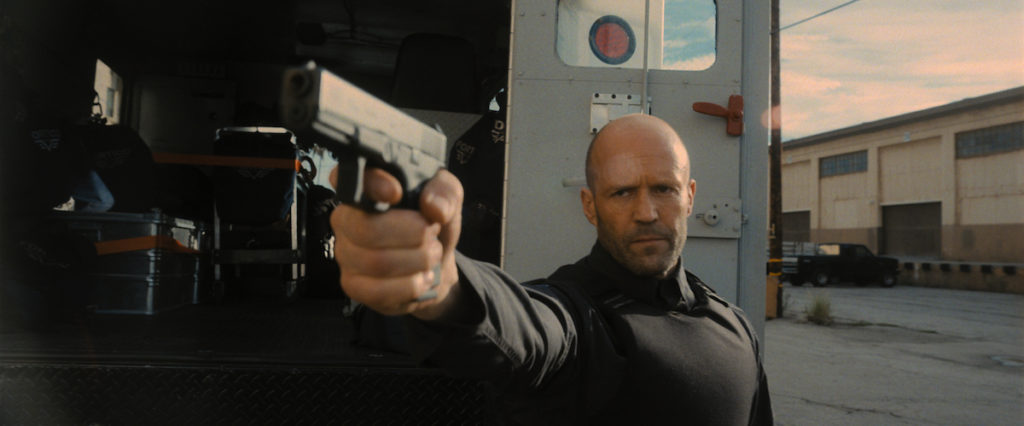So we conclude our recap of last year’s movies with a traditional top 10 list of my favorite movies of 2021, only a month and a half (or so) late! This marks the sweet sixteenth year in a row that I’ve posted a top 10. For reference, previous top 10s are here: [2020 | 2019 | 2018 | 2017 | 2016 | 2015 | 2014 | 2013 | 2012 | 2011 | 2010 | 2009 | 2008 | 2007 | 2006]
It’s traditional at this point to discuss themes of the year. A tricky endeavor even in the best of times, but while 2021 wasn’t quite as tumultuous as 2020, we’re still living through a pandemic sprinkled with political and social strife. With the rollout of vaccines, a long, slow, sometimes halting march towards normalcy commenced. Movie studios attempted to cope in numerous ways with various experiments in the realm of streaming. Particularly notable was the HBO Max program of simultaneous releases online and in theaters for the entire slate of Warner Bros. movies, but other streaming services tried their hands at various attempts to reestablish a revenue stream. Near as I can tell, these streaming gambits were all well and good, but could not make up for what movie theaters used to represent. People might have signed up for HBO Max to watch Godzilla vs. Kong or something, but we’re starting to see some indications that people are much more fickle about maintaining a given streaming service long term (and will often cancel quickly). This is maybe good news for theaters? Only time will tell.
In terms of the movies themselves, I’m definitely gravitating towards more genre fare than ever before. Not sure if that’s just a “me” thing or if the industry as a whole is also going there. Box office results do tend to emphasize this sort of thing, perhaps due to the demographics of the audience willing to go to theaters (i.e. mostly young and mostly male), but there were lots of things that should have appealed to that group that did not catch on, so who knows?
One theme that seemed to emerge this year is stories surrounding various forms of grifters, hustlers, and con-artists. Sometimes this results in a sense of catharsis as we see such characters get their comeuppance, but sometimes the fallout of their actions is still unescapable and occasionally they even just get away with it. Another theme that was big this year was coping with trauma, though in at least some cases, that might be due to an audience or critic projecting their own feelings on a movie. Still, the movies this year were darker and more depressing than usual, and that’s reflected on my list. Finally, in accordance with the “Everyone Gets a John Wick Act of 2014”, there were a solid 5-10 movies with varying degrees of Wickian characters and plot points.
As usual, there were tons of good movies in 2021, if you were willing to seek them out. The pandemic has certainly thrown marketers for a loop, and generating awareness and excitement can be challenging these days, what with new Covid variants and releasing delays and whatnot. Once I got vaxxed up, I did manage to see a hefty amount of movies in the theater this year, but I’m obviously not back at pre-pandemic levels.
As of this writing, this top 10 list is pulling from a total of 102 movies I’ve seen that could be considered a 2021 release. This is less than your usual critic, but probably much more than your typical moviegoer. Standard disclaimers apply, and it’s always worth noting that due to release schedules (especially in these plague years), some movies from 2020 that didn’t become available until 2021 qualify for this list. That’s enough preamble, let’s get to the show:
Top Ten Movies of 2021
* In roughly reverse order
Malignant – James Wan’s schlocky nonsense is certainly not for everyone, but as a shot of pure genre adrenaline, it was the most fun I had during the Six Weeks of Halloween horror movie marathon. It took a bit to acclimate to the tone, but once I was locked in, I found myself cackling with glee, especially during the final half hour.
More Info: [IMDB] [Amazon] [Kaedrin Review] [Kaedrin Arbitrary Award Winner]
Licorice Pizza – Paul Thomas Anderson’s filmography is sprinkled with unconventional romantic comedy sequences that might make you wonder about his love life, but this is probably his most accessible and direct foray into the much maligned sub-genre. It’s still got its odd components, but the way the characters find each other and themselves in the course of this episodic hang-out movie is hard to deny, and the excellent performances from the young leads bring the whole thing home.
More Info: [IMDB] [Amazon]
The Trip – This Scandanavian thriller about a couple who take a vacation, each plotting to murder the other, was one of the biggest surprises of the year for me. The comedically violent hijinks that ensue from that basic setup are fully put through their paces and the over-the-top elements always keep things moving briskly. Great soundtrack, a twisty plot, stylish visuals, and excellent performances, especially from Noomi Rapace, who’s having a lot off fun.
More Info: [IMDB] [Netflix] [Kaedrin Review] [Kaedrin Movie Award Winner]
Pig – This Nicolas Cage flick where he plays a truffle hunter tracking down his kidnapped pig seems, at first, like it will be one of the many “Wick Act” recipients, but as it slowly unfurls, it reveals itself to be a more restrained and thoughtful movie than you might expect. Cage can be great when he wants to be, and this movie has these exceptional sequences that basically amount to quiet conversations. It works better than you’d expect.
More Info: [IMDB] [Amazon]
Dune – Denis Villeneuve’s adaptation of the classic Frank Herbert novel somehow finds the perfect balance of tricky elements. Visually spectacular without feeling like a boring CGI-pixel stew, thoughtful without being insufferable, dense with information without going too hard on straight exposition. It’s only half of the story, which is a drawback, but it’s so much better than previous attempts at this story that it doesn’t matter.
More Info: [IMDB] [Amazon] [Kaedrin Review] [Kaedrin Movie Award Winner]
The Card Counter – Paul Schrader’s entire filmography tends to pull from the same Bressonian DNA, but as he remixes and splices different elements together, he sometimes discovers a new angle. Schrader’s visceral anger at systemic abuse is palpable, and the use of Poker as a backdrop is metaphorically apt, in that it’s a game that’s more about the people than the cards themselves.
More Info: [IMDB] [Amazon]
Nightmare Alley – Guillermo del Toro’s neo-noir carnie epic is one of the few remakes that compares favorably to, and in some ways even surpasses the original. It’s maybe a hair too long, but that extra time fleshes out the blind spots of the original, and the bitter, sardonic ending is far more effective here in the remake. Everyone’s a grifter and everyone’s lying to you, and to themselves. There seems to be a lot of this going on in the world these days…
More Info: [IMDB] [HBO Max or Hulu]
Riders of Justice – A well calibrated, darkly comedic reflection on acceptance and forgiveness and the patterns in the chaos of life. Another Scandanavian thriller, this one a bit more meditative about looking for meaning in the random events of life, with a bit of (much needed, given the rest of this list) optimism in the end.
More Info: [IMDB] [Amazon] [Kaedrin Review]
No Sudden Move – I love it when Steven Soderbergh tosses off a zippy crime thriller out of nowhere and somehow crafts it into one of the best, most entertaining movies of the year. It’s got a twisty mix of genre elements; heists, gangsters, and double crosses galore. There’s deeper themes here if you want to explore them, but the movie doesn’t lecture at all, which is the right way to do this sort of thing.
More Info: [IMDB] [HBO Max]
A Glitch in the Matrix – Ostensibly about simulation theory, director Rodney Ascher’s modus operandi of focusing on a few personalities and letting them talk at length takes this documentary in a very different direction by the end. It’s the best metatextual examination of The Matrix in a year in which there was an actual Matrix sequel that was trying to do the same thing.
More Info: [IMDB] [Amazon]
The Last Duel – Ridley Scott’s Rashomon-esque medieval me-too movie was overlooked and underseen in theaters, but seems to have garnered a second life on streaming. Exceptional performances all around, but Ben Affleck, of all people, steals the show as a privileged, blond-haired Count. The titular duel is brutal and uncompromising, and it’s so effective because the underlying conflict is so aptly established before the fight. Even though you see the same story from three differing perspectives, I suspect there’s much to be gleaned from subsequent viewings…
More Info: [IMDB] [Amazon] [Kaedrin Review] [Kaedrin Movie Award Winner] [Kaedrin Arbitrary Award Winner]
Honorable Mention
* In an order I dare you to discern
Barb and Star Go to Vista Del Mar – Probably the funniest movie of the year, this Kristen Wiig and Annie Mumolo vehicle very nearly snuck into the top 10 (indeed, I think you could say that this movie and Malignant were the two best comedies of the year, even if one isn’t labeled as such). Wiig and Mumolo’s comedic deliveries are so thoroughly in sync that they almost represent a singular performance, and the silly, ridiculous nature of the whole endeavor is perfectly calibrated.
More Info: [IMDB] [Amazon] [Kaedrin Movie Award Winner]
The Beta Test – Jim Cummings’ acidic takedown of Hollywood and social media culture might be a bit on the nose, but it’s still trenchant, relevant, and it’s all tied together and harnessed in an interesting way. This isn’t quite as good as Cummings’ previous (The Wolf of Snow Hollow), perhaps because it wasn’t quite able to balance the uncomfortable elements as well.
More Info: [IMDB] [Amazon] [Kaedrin Arbitrary Award Winner]
Copshop – Joe Carnahan has this sheen of macho posturing that somehow always sucks me in. Great performances from Gerard Butler (in full Den of Thieves dirtbag mode), Toby Huss, and Alexis Louder anchor this twisty crime story. It could have snuck onto the top 10 if it managed to stick the landing in the final act, which feels a bit choppy and rushed. Still, I rather enjoyed this a lot more than I thought I would.
More Info: [IMDB] [Amazon] [Kaedrin Movie Award Winner]
The French Dispatch – Wes Anderson’s brand of weaponized quirk is a bit inconsistent for me, and this anthology film is a good example of how I can go hot and cold on his work. I absolutely loved a couple of the segments here (and the connective tissue between segments), but some didn’t work nearly as well.
More Info: [IMDB] [Amazon] [Kaedrin Review]
The Green Knight – Interesting and gorgeous spin on Arthurian legend from David Lowery, who is perhaps a bit too ponderous and deliberate with the way he lays this out (and thus the runtime is a bit too long). Still, I found myself more taken by this than I thought I would be, and the style kept my attention even when the plot was flagging…
More Info: [IMDB] [Amazon] [Kaedrin Movie Award Winner]
Happily – This under the radar flick is something more folks should catch up with, as it’s got a winning combination of genre elements and comedy, and a great ensemble cast. The ending sours a bit, but the journey is still pretty great. Weird, dorky fun.
More Info: [IMDB] [Amazon]
The Harder They Fall – Jeymes Samuel’s stylish western featuring a mostly black cast is the best Netflix movie of the year. It looks great, it has an amazing ensemble cast, and there’s enough twists and turns and action to keep it moving briskly. It’s still a tad too long, but it’s hard to fault it for that, because there’s so much good stuff here, even when it does drag.
More Info: [IMDB] [Netflix] [Kaedrin Review]
I’m Your Man – This German android gigolo movie got snubbed at the Oscars, but I’ll be including it on my Hugo Awards ballot for sure. It’s a well observed drama about the awkwardness of romantic relationships and conflicting human desires, and it could probably use a bigger audience.
More Info: [IMDB] [Amazon]
Nobody – Bob Odenkirk is not the first guy you’d think to tap for a Wick Act flick, but that unconventional choice is part of what makes this work so well as its own thing, even if it does wind up being a bit on the derivative side. Still quite entertaining and one of the better Wick imitators out there…
More Info: [IMDB] [Amazon]
One Shot – Scott Adkins stars in this action flick that is made to appear as one, single, continous shot. Yeah, it’s a gimmick, but it’s a pretty impressive and effective gimmick, and it’s one of the more thrilling action flicks of the year.
More Info: [IMDB] [Amazon] [Kaedrin Movie Award Winner]
Spider-Man: No Way Home – Marvel seemed to be losing their way this year, but they got back on track with this latest installment of the Spider-Man franchise, which is far better than I thought it would be. I’m still a little annoyed at the Marvel Spider-Man movies for being so focused on the broader Marvel universe and characters. That being said, there’s always that base level Marvel competence, and then you occasionally get something like this, which finds a better register. It was also probably the most raucous theater experience I had this year, which may color my thoughts a bit.
More Info: [IMDB] [Amazon]
The Suicide Squad – A massive improvement over the last installment, mostly due to James Gunn’s sensibility and humor. It certainly retains the violence and cynical elements of the first, but there’s actually some heart and dark comedy at its core that really shine through, even when the group fights something as silly as Starro…
More Info: [IMDB] [Amazon] [Kaedrin Movie Award Winner] [Kaedrin Arbitrary Award Winner]
Werewolves Within – Bouncy little horror comedy that probably deserves a bigger audience. Its politics are a bit ham fisted, but Sam Richardson and Milana Vayntrub are great together and really carry the movie. Both deserve more lead roles like this, and I could see this being a somewhat regular revisit during future Six Weeks of Halloween marathons…
More Info: [IMDB] [Amazon] [Kaedrin Arbitrary Award Winner]
Wrath of Man – Guy Ritchie is at his best when he’s working in the Brit crime genre, and his collaborations with Jason Statham are all pretty fantastic, this one included. Interestingly, this does feel more like a 70s inflected version of Brit crime than Ritchie’s usual more modern take, but that’s all the better.
More Info: [IMDB] [Amazon]
Just Missed the Cut
But still worthwhile, in their own way. Presented without comment and in no particular order:
Should Have Seen
Despite having watched over a hundred movies made in 2021, there are plenty that I probably should have caught up with. Sometimes they weren’t readily available, sometimes I couldn’t muster up the will to get to the theater in the midst of Omicron, sometimes I just didn’t wanna watch (because reasons, that’s why). I will almost certainly end up seeing some of these and loving them, which is why the Kaedrin Movie Awards always has a category about the previous year’s movie…
Normally, at this point in the year, I’d be talking about Oscars, but while the nominations just came out, I don’t feel like I have that much to say about it, other than that I hope it gets back on track after last year’s rudderless show…
